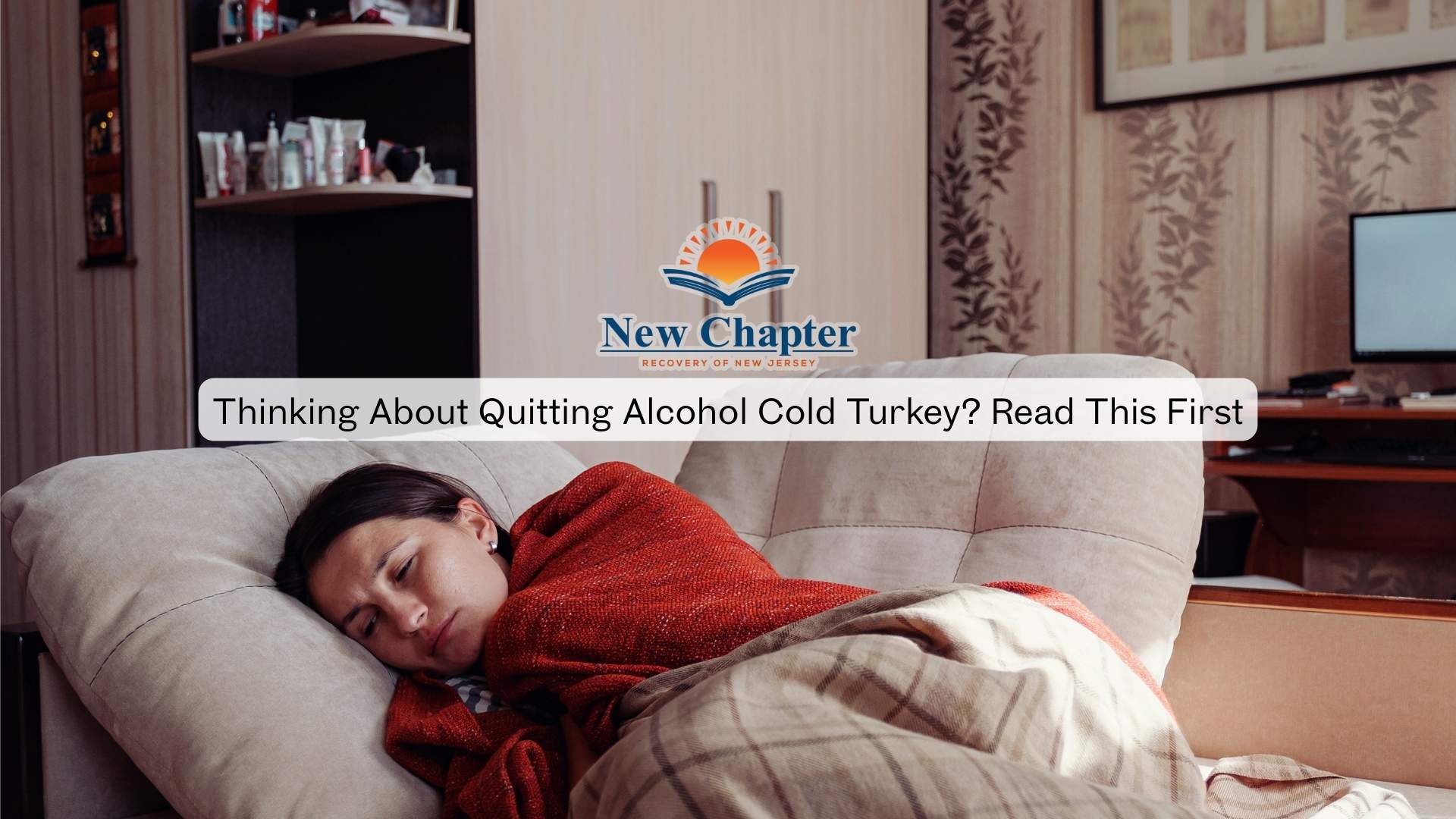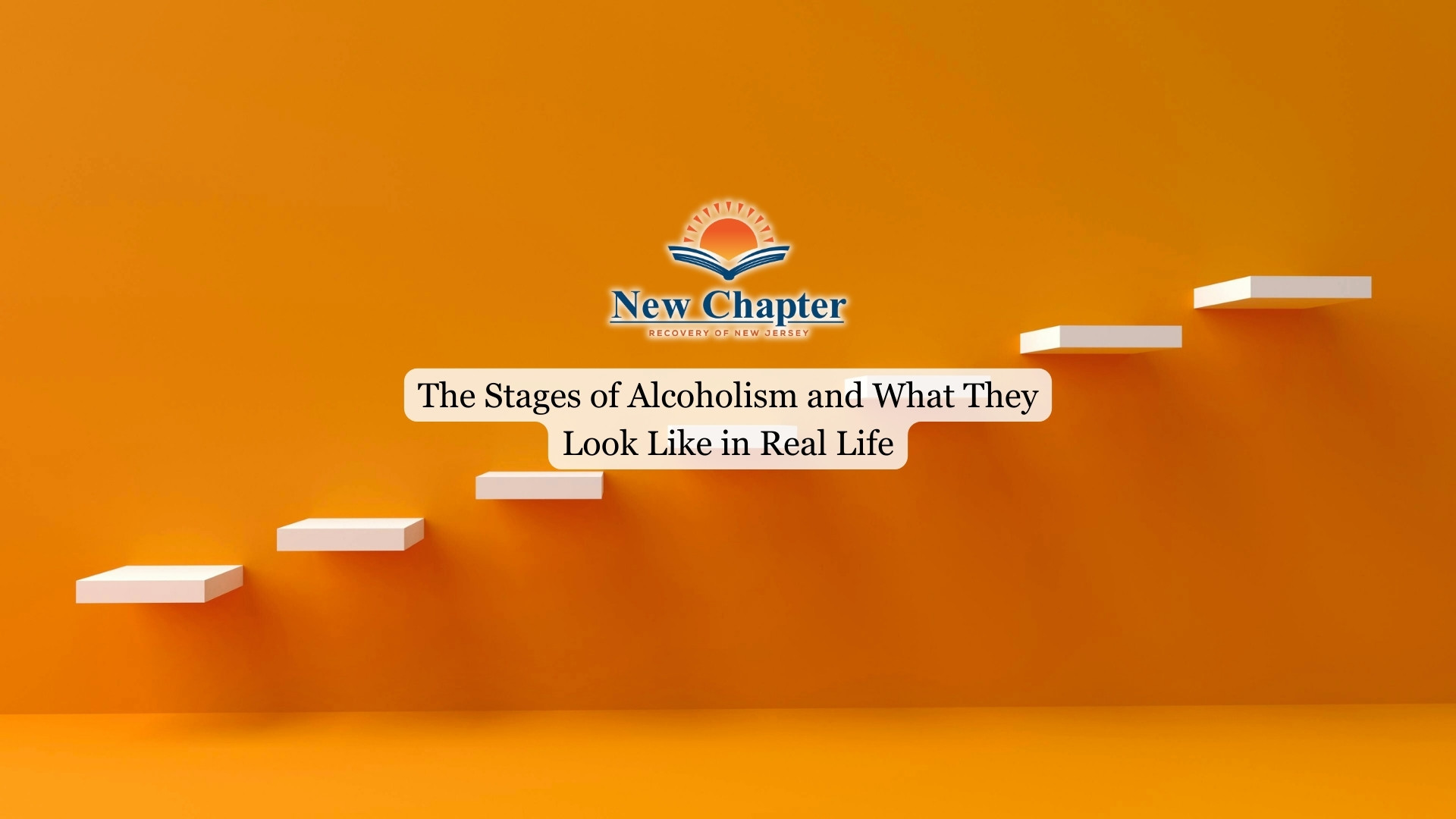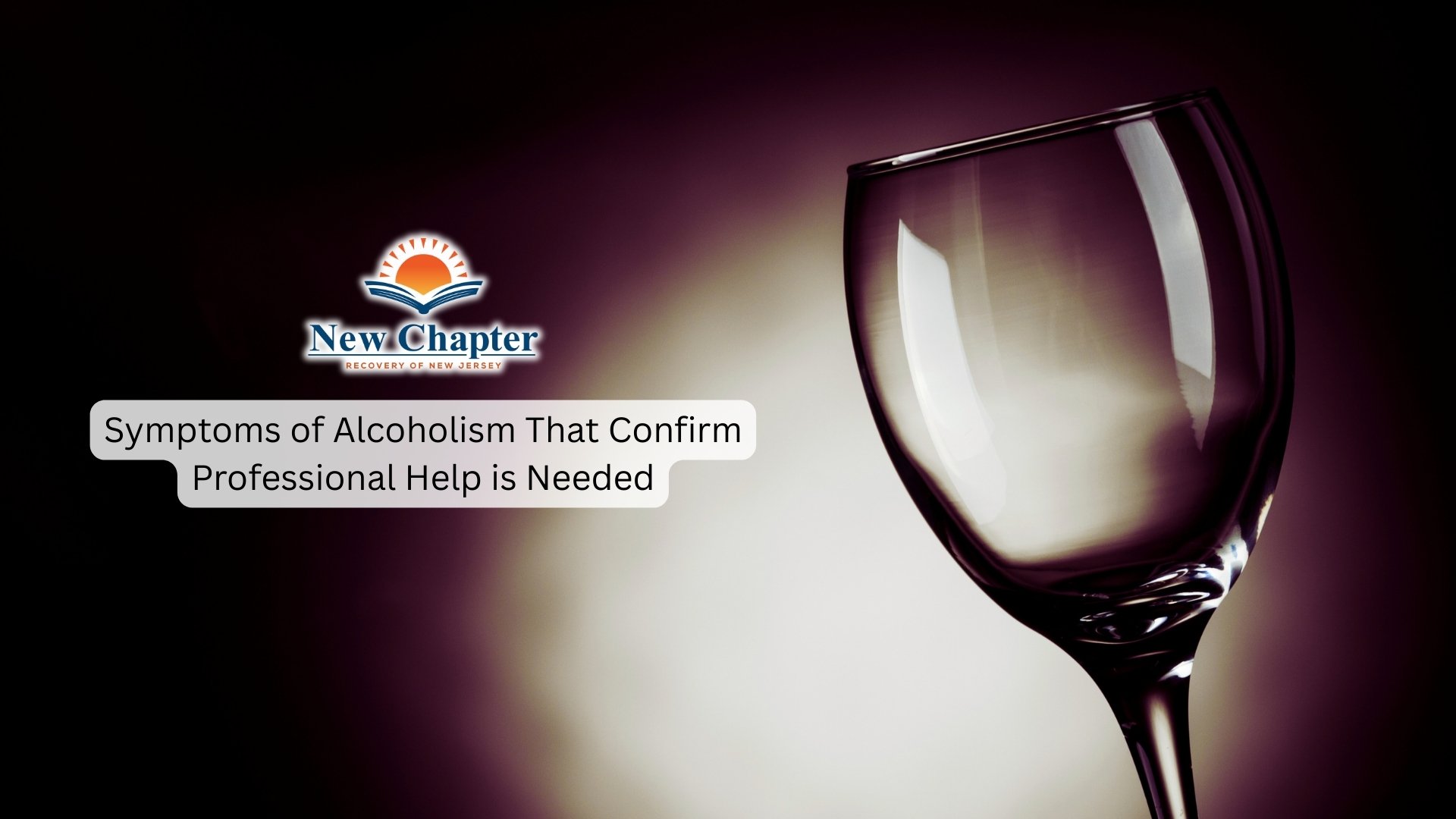As individuals, especially adolescents and young adults, attempt to improve their focus or academic performance, the distinction between the therapeutic use of Ritalin and addiction can become unclear. Identifying the signs of Ritalin addiction is essential for early intervention and support.
This article will examine the behavioral, physical, and psychological indicators that may suggest an individual is struggling with Ritalin addiction, as well as the associated risks and available treatment options.

Table of Contents
ToggleWhat is Ritalin?
Ritalin, the well-known brand name for methylphenidate, is a central nervous system stimulant that’s primarily prescribed to treat attention deficit hyperactivity disorder (ADHD) and narcolepsy. It works by increasing dopamine and norepinephrine levels in the brain, which helps improve focus, attention, and impulse control in those with ADHD.
You can find Ritalin in both immediate and extended-release formulations, giving doctors flexibility in dosing and controlling the duration of its effects.
However, it’s crucial to note that Ritalin is classified as a Schedule II controlled substance in the United States due to its high potential for abuse and dependence, stemming from its stimulant properties.
The misuse of Ritalin is often linked to a desire for cognitive enhancement, especially among students and professionals seeking increased alertness and performance.
It’s important to understand that using Ritalin without a prescription or in ways not directed by a healthcare provider can lead to serious health risks and addiction.
If you suspect that you or someone you know may be struggling with Ritalin addiction, it’s essential to seek professional help from our team at New Chapter Recovery, as we offer a comprehensive Ritalin Addiction Treatment Program which will help you to address the issue and prevent further harm.
Behavioral Changes
Compulsive behaviors may emerge, with the individual prioritizing Ritalin acquisition and use over important responsibilities and relationships.
You might observe them exhibiting increased tolerance, needing larger doses to achieve the desired effects, which can escalate their dependency. When they’re not using Ritalin, withdrawal symptoms like fatigue and depression may surface, leading them to resume use despite previous intentions to quit or reduce consumption. This cycle highlights the power of addiction.
You may also witness failed attempts to cut back on Ritalin use, indicating a deepening addiction as they recognize the problem but feel unable to control their behavior. Risky behaviors often accompany addiction, such as obtaining Ritalin illegally or neglecting self-care, illustrating a decline in overall well-being and decision-making.
Find out what are the different types of drugs and the impact each category has on people’s health.
Physical Symptoms
You may notice significant weight loss due to the decreased appetite often associated with Ritalin abuse. This can be particularly concerning if the weight loss is rapid and extreme.
Insomnia or disrupted sleep patterns are also common, leaving you feeling chronically fatigued and drowsy during the day.
Your heart rate may increase, and you might experience elevated blood pressure, putting you at risk for serious cardiovascular complications.
Jitteriness and restlessness are other physical symptoms that can arise from the overstimulation caused by high doses or misuse of Ritalin.
When attempting to quit or reduce your intake, you may face withdrawal symptoms such as muscle aches and profound fatigue, indicating that your body has developed a physiological dependence on the substance.
Read more about the difference between physical and psychological dependence which are frequently mistaken for being the same.

Psychological Indicators
You may notice compulsive drug-seeking behavior, where obtaining and using Ritalin becomes a top priority, overshadowing daily responsibilities and commitments.
Increased anxiety, irritability, and mood swings are common psychological signs, potentially exacerbating existing mental health issues or triggering new symptoms like paranoia or hallucinations. A strong craving or persistent desire to use Ritalin, despite its negative consequences, is a clear indication of addiction.
When attempting to reduce or stop using Ritalin, you might experience withdrawal symptoms such as fatigue, depression, and sleep disturbances, signaling dependence on the drug.
Denial about the extent of your Ritalin use and its impact on your life is another psychological indicator, as you may insist on being able to stop at any time, despite evidence to the contrary.
Consequences of Ritalin Addiction
You’ll face significant cardiovascular risks, including increased heart rate, hypertension, and a higher chance of severe events like stroke or heart attack. Long-term Ritalin use may also result in neurological consequences, such as cognitive impairments and potential long-term decline in brain health due to altered neurotransmitter levels.
Mental health deterioration is common among those addicted to Ritalin, with risks of worsening pre-existing psychiatric conditions and developing new issues like anxiety, paranoia, and psychosis.
Your physical health may decline as you neglect self-care and make poor lifestyle choices, leading to unintended weight loss, sleep disturbances, and overall poor physical condition.
Social and behavioral changes often occur, causing strained relationships and social isolation due to addiction-related behaviors and prioritizing drug-seeking activities over responsibilities.
Final Thoughts from New Chapter Recovery
If you or a loved one is showing signs of addiction, it’s crucial to take action immediately. At New Chapter Recovery, we recognize the intricacies of substance abuse and are committed to offering empathetic assistance and personalized treatment plans designed to address each individual’s unique requirements. Our experienced team is prepared to support you throughout the recovery journey, providing a secure space where the healing process can commence.






